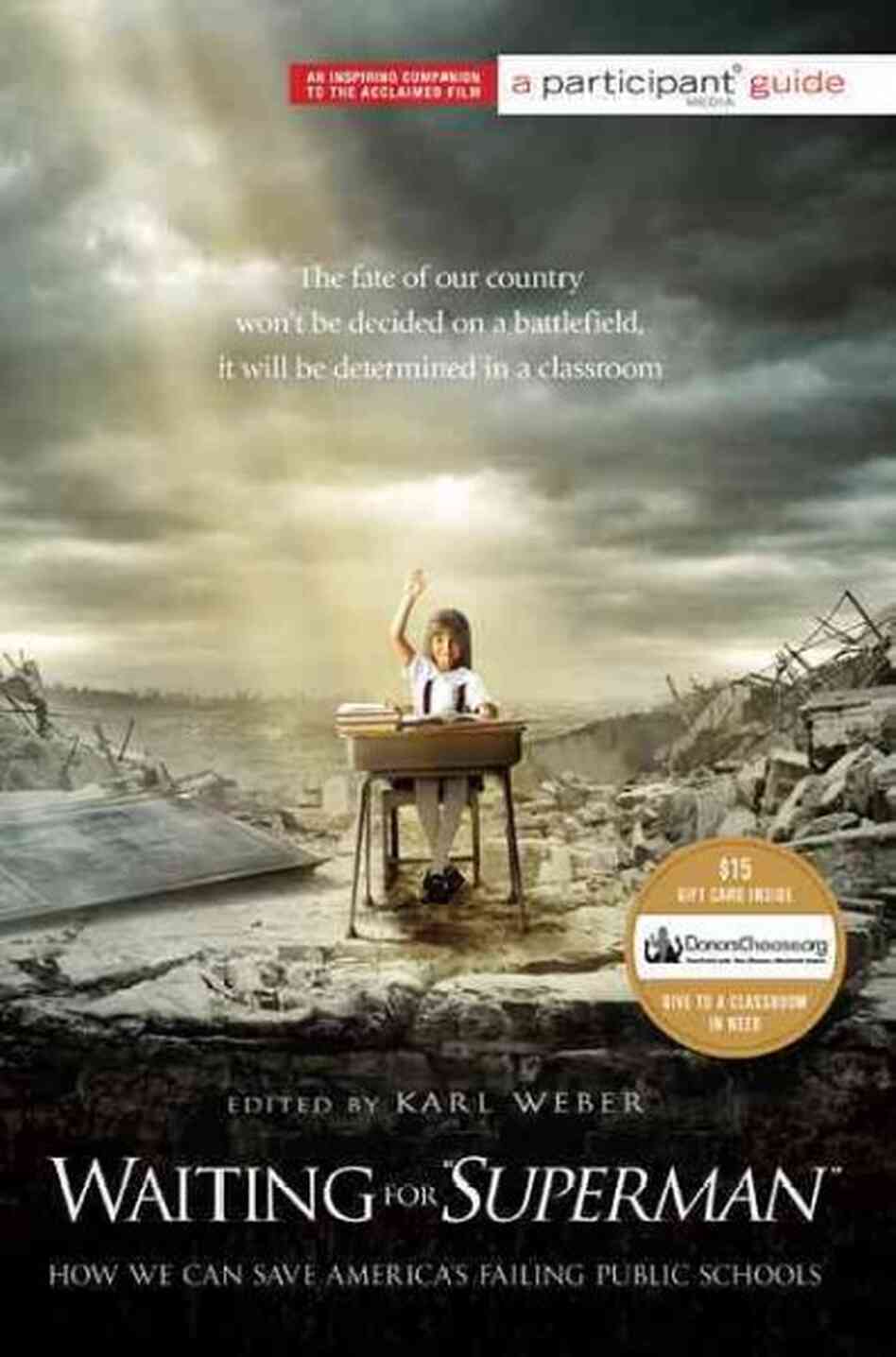Over the past few years, I've had the opportunity to participate in several book studies with the focus on improving my craft as an educator. Here is a synopsis of those books:
Questions, Claims, and Evidence
This book really helped me shift perspectives for science instruction. Essentially, this guided me through setting up my students for success and shifting away from teacher driven science experiments. Instead, this is replaced with student created extension inquiry projects and helping them write about science.
Building Academic Vocabulary (Marzano)
Even after reading this, I struggle with vocabulary instruction. It's the highest of the big five components of literacy (phonemic awareness, phonics, fluency, and comprehension being the other four). It's crucial, especially for my ELL (English Language Learners). I feel successful with teaching academic vocabulary when it's content specific (i.e. math, science, and social studies) but struggle when it comes to what words to teach whole group. I'm wary of just choosing a list and going from that. I tend to teach words that are associated with the novels I'm using and more specific lists with my RTI group. I want to empower my students to monitor their own vocabulary acquisition and give them the space to share these words with their peers.
I haven't quite decided how this will look in my classroom, so stay tuned!
Waiting for Superman
I led this book study at my previous school...and it didn't go very well. Part of it was because I was leading it, not an administrator. Part of it was because I was still quite idealistic about how teaching should work because I had just finished my first year in the classroom and thought I knew everything. This book, while an interesting read, doesn't give enough credit to the teachers who are working really hard to change the system.
Read, Write, Lead
I was really excited to read this book as part of a book study. My group was assigned chapter five, which is all about principal leadership. While I have no issues with my administrators popping in my classroom on a frequent basis, this was a cause of major concern for some of my colleagues. The chapter also talked about celebrating teachers and students, which I don't think is done enough. This was my big take away from this book is that while programs and standards may (and do) change, good teaching is consistent. Good teachers are reflective, collaborative, innovative, and push one another to do better.
Number Talks
This gem isn't really a book review but rather an opportunity to share that this is a wonderful book that should be used wherever possible! While the first few weeks of number talks are rocky, especially if students aren't familiar with the format, the pay off, if done consistently, is amazing. For the past few years, my students have left my classroom with a strong understanding of number sense and problem solving strategies. This book is a large part of the reason why. It's worth the money if your school district doesn't provide this resource.
Up next? I'll be diving into Love and Logic for some new strategies to use with my whole class. I also borrowed The Tough Kid Tool Kit to gain some new tips and tricks for dealing with difficult students. I had a particularly troubled one last year that gave my whole school lots of headaches, but I'm glad next year that kiddo will get the services that are needed.
What books would you recommend? Which ones were educational game changers?






No comments:
Post a Comment